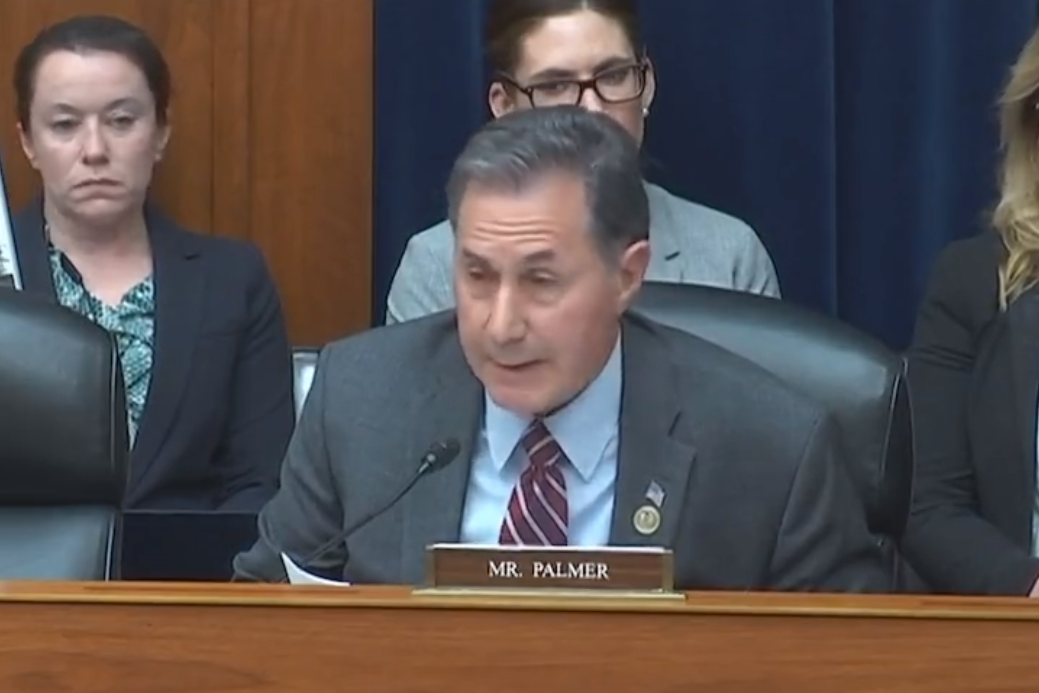Speaking on the future of protecting in-vitro fertilization (IVF) treatment, U.S. Rep. Gary Palmer (R-Hoover) suggested implementing "a sensible approach" to the practice, including safeguards that possibly prevent excessive numbers of destroyed embryos.
After an Alabama Supreme Court decision earlier this year, the practice of IVF has inadvertently become one of the most significant talking points of this election cycle.
A February Alabama Supreme Court ruling that an embryo created through IVF is a child protected by Alabama's wrongful death act and the Alabama Constitution sent shockwaves through the nation. It swiftly became a talking point for Democratic operatives, who used the case to criticize the Republican Party platform.
The Alabama legislature passed a bill granting immunity for IVF clinics in cases of wrongful death. However, the decision still forced a reactionary discussion of IVF for Republican politicos, especially in light of the Democratic rhetoric leading up to November's presidential election.
While the rhetoric claiming that the Alabama Supreme Court banned IVF treatment is demonstrably false, it did, however, open up very public conversations surrounding the practice as a whole.
Some continue to express criticism of standard IVF practices, which result in significantly fewer live births than embryo transfers. According to data, embryos created through assisted reproductive technology such as IVF result in a 76.5% "embryo wastage" rate.
RELATED: IVF debate likely not over, despite Alabama Legislature's rush for a fix to reopen clinics
In a Tuesday interview with ABC 33/40, Palmer reiterated his support for IVF while suggesting possible federal action to place "safeguards" on the practice. He pointed to Louisiana and Italy, which have strict criteria for IVF practices.
"I think we're going to have to address it at some point," Palmer said. "My wife and I have personal experience with that, so I look at it a little bit differently. We've got friends that have born children that way, but we need to have some safeguards as well. And one of the interesting things is the law that Louisiana has, it's similar to the law that they have in Italy, where they limit the number of eggs that can be extracted and fertilized. But we need to have a sensible approach to this. There's a lot of families that want children, can't have children, and are really hurting. Again, we want to have a sensible approach to it."
Palmer emphasized that he's generally in favor of leaving these types of decisions up to the state but that federal intervention would likely be necessary.
"I think we need to address some of this at the federal level," Palmer continued. "I don't want to see people lose access to [IVF], but, again, I want it done in a way that is moral but also taking into account where people are in their life. And I think we can."
To connect with the author of this story or to comment, email craig.monger@1819news.com.
Don't miss out! Subscribe to our newsletter and get our top stories every weekday morning.










